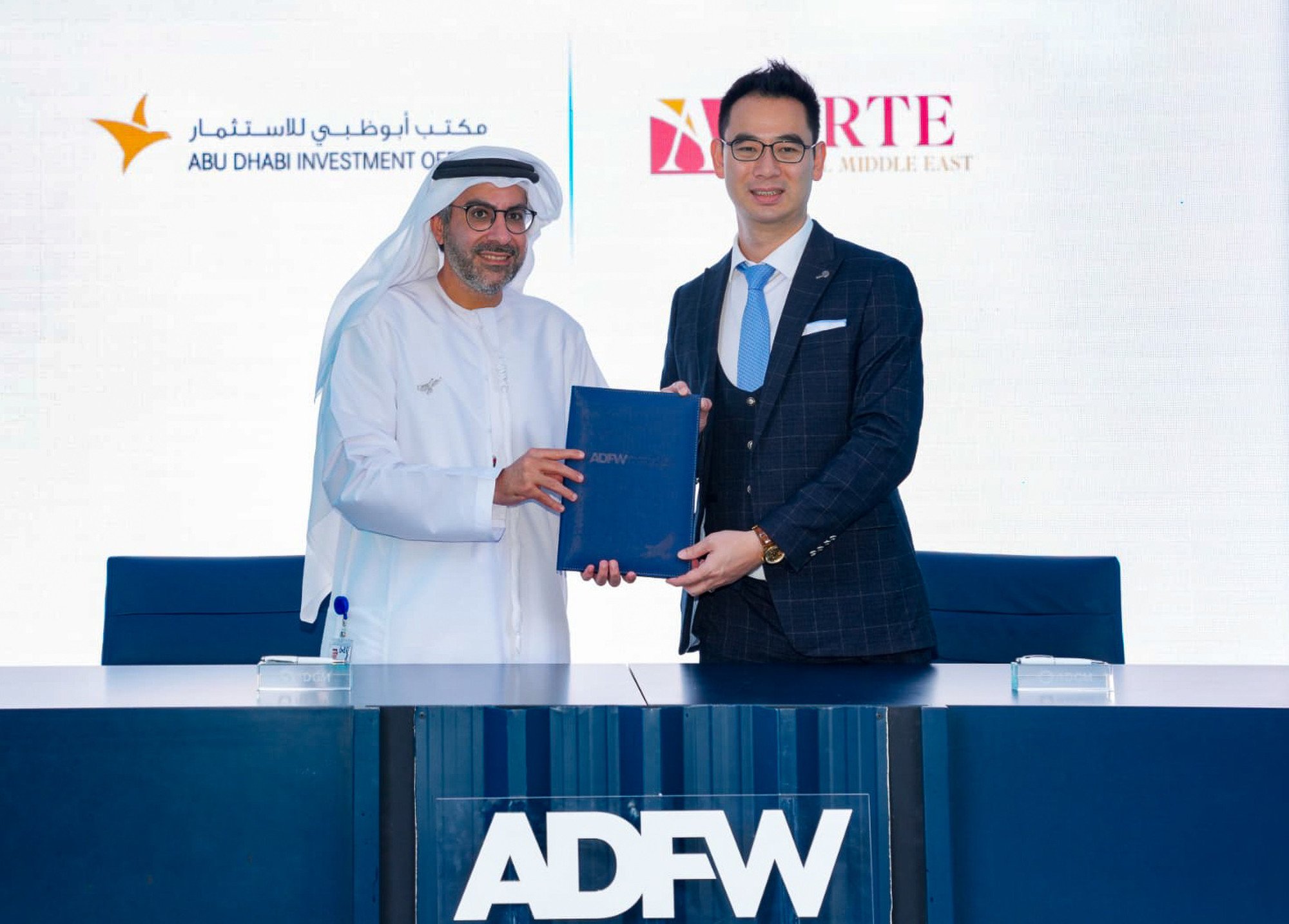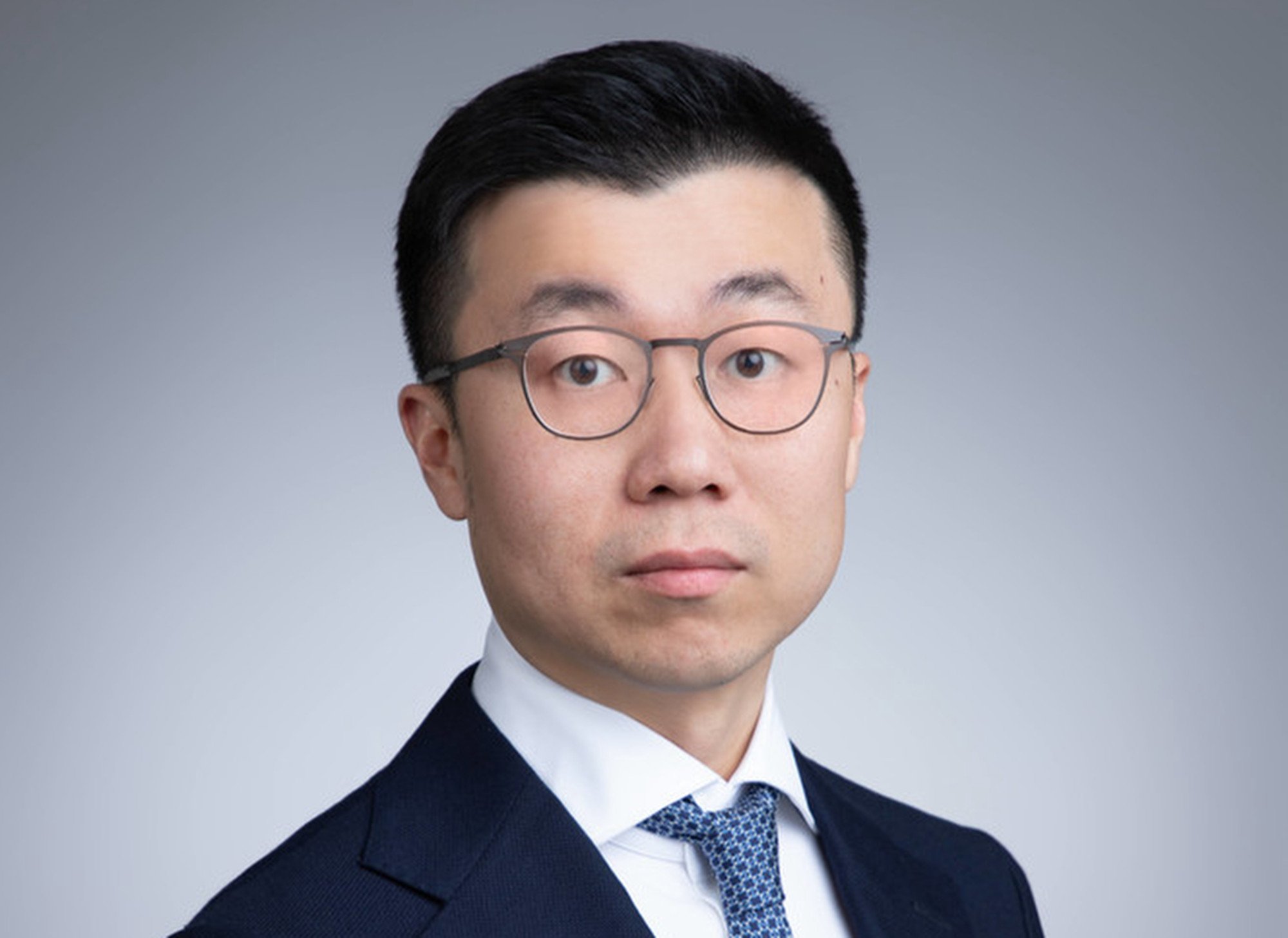
07 Apr Hong Kong fund managers set up shop in Middle East finance centres to seize opportunities, talent
Last month, Hong Kong-based hedge fund Infini Capital Management opened an Abu Dhabi office after receiving in-principle approval from Abu Dhabi’s Financial Services Regulatory Authority (FSRA) to establish a presence there, according to the company. This would set the stage for it to become the first Asian hedge fund manager in the Abu Dhabi Global Market, an international financial centre and free zone, it said.

“There is obviously a lot of coverage about deepening investments between Greater China and the Middle East, and we are watching these closely to leverage our expertise in both markets,” said Tony Chin, Infini Capital’s founder, CEO and chief investment officer.
For example, dual-listing companies in Hong Kong and the Middle East could potentially present relative value and event-driven investment opportunities, he said.
Last September, the Hong Kong stock exchange added Saudi Exchange as a recognised stock exchange, making its equities investible for local funds and retail investors.
Middle East sovereign wealth funds to diversify China investments in 2024
Middle East sovereign wealth funds to diversify China investments in 2024
Infini Capital is also eyeing new listings, equities and bond activities in the Gulf Cooperation Council (GCC), which comprises Saudi Arabia, Kuwait, the United Arab Emirates (UAE), Qatar, Bahrain and Oman.
The hedge fund manager is raising US$1 billion for its fund to tap the latest opportunities, and it expects the headcount in Abu Dhabi to exceed 10 in the next 12 months.
Hong Kong-headquartered asset manager Arte Capital shares Chin’s positive sentiment. The firm established an office last year in Al Khatem Tower, the same building as Infini Capital. Last November, Arte received financial services permission from the FSRA to conduct regulated activities.

“We see a unique opportunity in the strengthened relationship between China and the Middle Eastern countries,” said Ethan Chan, Arte’s founder and chairman. “Asset managers like us are in an excellent position to connect the resources, companies and capital between the two regions.”
In November, Arte launched a US$1 billion fund for Chinese companies expanding to the Middle East, with the endorsement of the Abu Dhabi Investment Office (ADIO), a government agency. The capital for the Arte China-Arab Strategic Fund comes from Abu Dhabi and China, according to Chan.
ADIO said at the time that non-oil bilateral trade between the UAE and China grew by 18 per cent to US$72 billion in 2022.
“We are gathering some very high-quality portfolio companies in new energy, new materials, media and new-energy vehicles,” Chan said, adding that his firm plans to deploy around US$500 million over the short term and secure co-investors such as sovereign wealth funds and family offices to match the fund’s commitment in each deal.
Chinese electric-car maker Nio gets US$2.2 billion boost from Abu Dhabi
Chinese electric-car maker Nio gets US$2.2 billion boost from Abu Dhabi
Muneer Khan, a partner and Middle East regional head at law firm Simmons & Simmons, said the Middle East, especially the GCC, has accumulated enormous wealth from oil and gas, which has trickled down to the economies and helped generate more private wealth.
“There’s a lot of wealth generated in the Middle East at both the sovereign and institutional level and private level, such as family offices, which will benefit hedge fund managers when raising capital,” he said. “We’ve seen a huge increase in asset managers from the US, Europe and Asia flying in on marketing visits and trying to raise funds here.”
The extra fundraising channel can be helpful to Hong Kong and China-based fund managers when the world’s second-largest economy faces a slowdown. “When things are difficult in your market to raise capital, it can force you to look elsewhere,” Khan said.
Another factor affecting fund managers’ expansion to the Middle East is talent.
Khan said there has been a war for talent among portfolio managers as the multi-strategy, multi-manager platforms have been growing rapidly on a global basis.

“The location further opens new talent pools, particularly from Europe, with a lot of good talent in London and Paris willing to relocate to Abu Dhabi,” said Infini Capital’s Chin.
A low tax environment, affordable cost of living and accessible visa schemes are some incentives for the industry’s talent, according to Khan.
High earners such as portfolio and hedge fund managers are concerned about increased taxation, but the UAE has no personal income tax and exempts corporate tax for regulated investment managers, he said.
The expansion of Hong Kong-based fund managers to the Middle East is still nascent but growing. However, there are challenges even amid the friendly relationship between the two regions.
“Global headwinds and the US-China tension have impacted [the Middle Eastern investors’] interests in investing in China,” said Arte’s Chan. “It’s not that straightforward.”
But it is also not insurmountable. “Asset managers need to bring good investment targets to the table and help investors make money, and then they can utilise the opportunities in the Middle Eastern market,” he said.
